In rare circumstances employers and insurers may be subject to monetary penalties for violating the Minnesota Workers’ Compensation Act. Penalties serve as a deterrent to employers and insurers from flagrant disregard of the rules. Some penalties are payable to the State of Minnesota and some are payable to the employee.
1. Frivolous Liability Denial
When an adjuster for an insurance company denies an injured worker’s claim, the adjuster must demonstrate a good-faith effort to investigate the claim. The adjuster may also not use clearly inaccurate statements of fact or applicable law under the Minnesota Workers’ Compensation Act. If a judge finds that an adjuster has violated Minnesota Statute §176.221, subdivision 1 and 176.225, subdivision 1, then the judge may issue a penalty against the insurance company payable to the State and the employee. An employee may be entitled to 30% of the amount of the delayed benefits.
At Meuser Law Office, P.A. we have recently brought a claim for penalties for the failure of an insurer and public employer to pay temporary total disability benefits and temporary partial disability benefits after the law enforcement officer separated from the date of injury employer in order to receive PERA Duty Disability benefits. The insurer and employer admitted liability for the injury and is in agreement with the Independent Medical Examiner and treating physician’s restrictions for the employee. The employer and insurer refuses to pay despite the definitive case law on this issue under Boutto v. U.S. Steel Corp. (July 18, 2007 WC06-288).
2. Non-specific Denial of Liability
Similar to penalties for frivolous denial of liability, under Minnesota Statute 176.84 insurers must issue specific and clear reasons that the adjuster is denying the injury. The penalty for a non-specific denial of liability is $500 each violation.
3. Late Payments of Benefits
Insurers and employers are also required to make timely payment of benefits under Minnesota Statute § 176.221, subdivision 1. An employee’s first temporary total disability payment must be issued the 14th day after the first day of an employee’s disability or the date the employer received notice, whichever is later. The employee may be awarded 25% of the delayed benefits.
4. Obstructing an Employee’s Minnesota Work Comp Benefits
Under Minnesota Statute §176.82, subdivision 1, an insurer or an employer who fires or threatens to fire an employee for making a claim for workers’ compensation benefits is liable for civil damages in addition to workers’ compensation benefits owed. This violation also includes costs and reasonable attorney fees in addition to punitive damages three times the amount of any compensation benefits to which an employee is owed.
This violation may be difficult to prove but if an employee is able to offer concrete evidence, for example text messages, letter, or a saved voicemail with the employer threatening to fire the employee for filing a work comp claim, may be persuasive.
5. Refusing to Offer Continued Employment
Under Minnesota Statute §176.82, subdivision 2, an employer who has work available with the employee’s physical restrictions must offer continued employment. If an employer does not have reasonable cause to continue to offer suitable employment is liable for one year of the employee’s wages in a civil lawsuit. Employers with less than 15 full-time employees are exempt from this statute.
6. Failure to Ensure
An uninsured employer may also be fined by the Department of Labor and Industry for failure to insure employees for workers’ compensation injuries, regardless if any employee has been injured. An employer may be required to pay a penalty up to $1,000 per employee per week for the time period the employee was not insured.
7. Failure to Pay Settlement Award
After the parties agree to a settlement and the settlement is set forth in the stipulation for settlement, a workers’ compensation judge must review and then issue an award on stipulation, which is a court-order dictating what the employer and insurer must pay. The employer and insurer must issue payment within 14 days of the award or be subject to fines.
If you believe you may be entitled to penalties under the Minnesota Workers’ Compensation Act or have a workers’ compensation claim, contact the knowledgeable attorneys at Meuser Law Office, P.A. for a free no-obligation case evaluation. Call us today at 952-288-4667.








